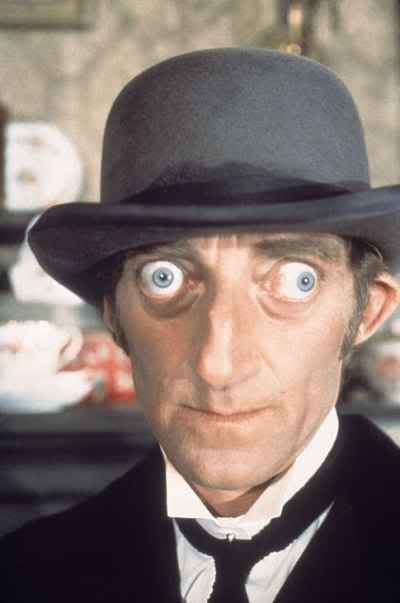The new issue of the English Journal is out. That's an image of the cover art, by Jessie Tsai. Sooner or later the issue will join its predecessors as a downloadable pdf (link to that page is in the list to the right). In the meanwhile, some of its contents will continue to appear here. What follows is an essay excerpt by Shelby Sisco.
America Pt.1: Summer Song
“Beyond the Palace hemi-powered/drones scream down the boulevard/The girls comb their hair in rearview mirrors/And the boys try to look so hard/The amusement park rises bold and stark/Kids are huddled on the beach in a mist/I wanna die with you Wendy on the streets tonight/In an everlasting kiss” - Bruce Springsteen, Born to Run
“Beyond the Palace hemi-powered/drones scream down the boulevard/The girls comb their hair in rearview mirrors/And the boys try to look so hard/The amusement park rises bold and stark/Kids are huddled on the beach in a mist/I wanna die with you Wendy on the streets tonight/In an everlasting kiss” - Bruce Springsteen, Born to Run
Lately, I’ve been listening to a lot of Bruce Springsteen. Songs like “Dancing In the Dark,” “Growin’ Up,” “Born to Run”—songs that aren’t just cobbled mixes of melody, harmony, and lyrics, but anthems: symbols of a feeling, a place, a life just out of reach. These songs lead you to the edge of something great. Listen to them; you feel like you’re on the brink of something timeless, elusive, and real - in a way nothing else can be.
Turn up “Born in the U.S.A.” and suddenly it’s the summer before your junior year in high school again and you’re “holding on to sixteen as long as you can” (Bryan Adams), sun burnt nose and tan dark legs, lying around the neighborhood pool, the smell of Banana Boat sunscreen hanging in the air. Pale green long grass hay swaying in the breeze, air hot and damp and heavy, your heart light and buoyed up by excitement, all the way up to the corn-blue sky, where the mid-afternoon sun is burning bright and steady.
I know what each month of summer looks like. June is 11 A.M., sitting on the front step, hot sun baking down on you, eyes closed, face tilted up to the sky, earphones in, listening to John Mellencamp’s “Jack and Diane” while Mom does the gardening nearby. July is hazy, humid, dark indigo nights, dancing barefoot on dewy grass to Bruce Springsteen’s “Born to Run” while fireworks erupt behind you, head flung back laughing at something he said, strong arms around you and the world at your feet. August is burnished sun rays through leaves in late afternoon when the air is heavy with change and you are both weighed down and buoyed up by all the things you could have done, should have done—the world so full of unused opportunities that it hurts. Your head spins and your heart settles as you listen to The Violent Femme’s “American Music.”
These songs speak to the long lost American summer. They speak to the girls wearing flowers in their hair and cotton sundresses; they call to the boys planting cherry bombs in their neighbors' mailboxes. They conjure up images of white picket fences, of 4th of July barbeques, of sticky sweet cherry popsicles and couples holding hands while they watch red, white, and blue fireworks explode in the summer sky. “A few American kids, growin’ up in the heartland” (John Mellencamp). These songs speak of a time that, because of the rose-colored glasses we see the past through, seems simpler, purer. Life, and all the chaos that goes with it, is distilled into the perfect nostalgia of a three minute long song. Summer is the only time such perfection can happen. Its magic lies in the possibility that hangs in the air. Opportunity. Change. The ability to be whoever you want to be, do whatever you want to do, unburdened by responsibilities or expectations. The chance to completely lose yourself and to see clearly in the here and now; when the truth does not lie in facts locked up somewhere in a library or text book, but in the dark, damp, clear heat of a summer night, when the air smells sweet and the world melts away, and you feel like right now, in this moment, life is everything it could possibly be.
Simply put, summer is freedom. These songs, these anthems of an endless summer, are about freedom, possibility, and change. They encapsulate the truest and most noble emotion that humankind possesses: hope. They impart the most important lesson we’ll ever learn: they teach us how to dream again.
Shelby Sisco, in English Journal 8 (1/08)



